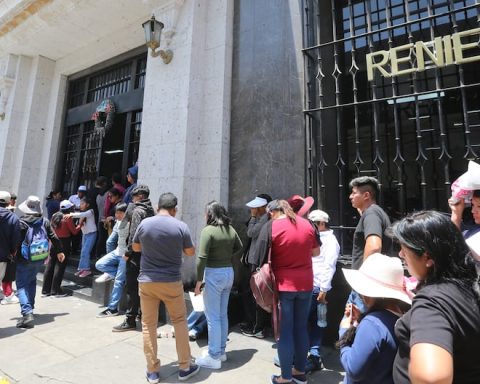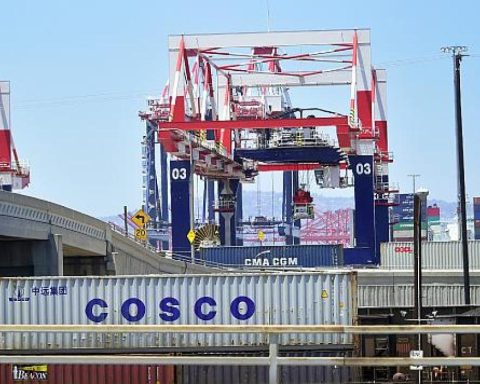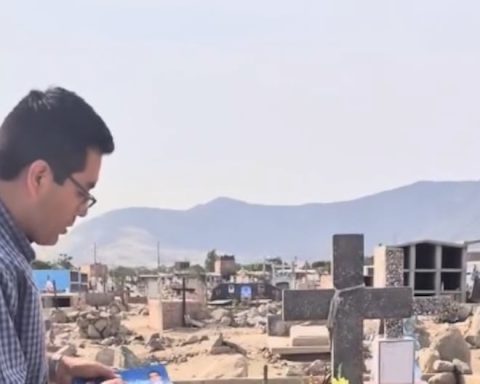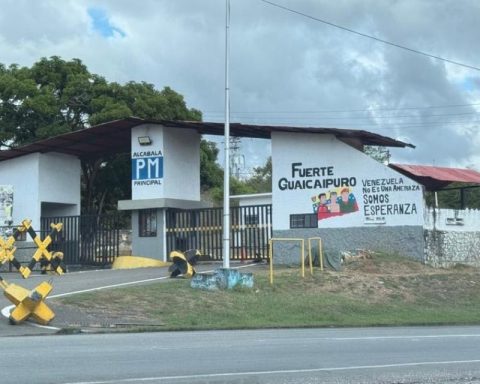The rains in the north are already having an impact on the prices of some foods, being one of the most affected the lemonwhose average wholesale price per kilo has skyrocketed by 264.02% in the last fortnight, according to data from the Supply and Price Information System (Sisap) of the Ministry of Agrarian Development and Irrigation (Midagri).
Between March 1 and 14, the wholesale price of a kilo of lemon in a box went from S/2.39 to S/8.7 in Metropolitan Lima.
However, it should be noted that the increase in lemon prices occurred especially between Sunday the 12th and Monday the 13th, when it went from S/2.34 to S/7.83, affecting the pockets of families, entrepreneurs in the gastronomic sector and small restaurants.
In some markets in the capital, such as Breña, prices fluctuated between S/12 and S/14, while in Caquetá, lemons could be found for around S/10.
Other products that are also produced in regions such as Piura and Lambayeque They also became more expensive, but to a lesser extent.
Among the increases at the wholesale level are mangoes, which, depending on their variety, have had increases of between 12.3% (Creole) and 33.9% (Haden), and bell peppers, with a 42.8% increase in price.
Higher prices are also observed in the kilo of American lettuce and strawberries. That of the first increased 26.6%, while in the case of citrus it increased 15.9% and 14.9% in the San Andreas and Sabrina varieties, respectively.
DAMAGED CROPS
The executive director of the Association of Agricultural Producers Guilds of Peru (AGAP), Gabriel Amaro, explained that there are already hundreds of hectares affected and that they are mainly small farmers.
“The most affected are the crops that have low stems or that have very small fruits because the land where they are grown is flooded (…). There has been damage to hundreds of hectares in small agriculture. Agricultural exports have also been somewhat affected, but we have not yet quantified it ”, he advanced.
On the other hand, the professor and researcher at the Universidad del Pacífico, Angie Higuchi, warned that humidity and high temperatures open the door to pests. “We are going to start having pests at the phytosanitary level in many crops,” she asserted.
Professor Higuchi commented that Cyclone Yaku has left losses in the countryside because “the mud has drowned the agricultural plantations. In addition to having the water on top, the high temperature and the sun’s rays burn the plant.”
According to the researcher, the basic food basket required people in poverty and extreme poverty 40% of their income in January, but a price rise could require up to 80%.

















